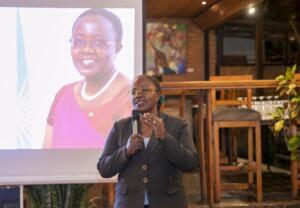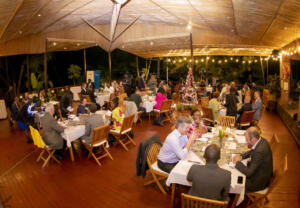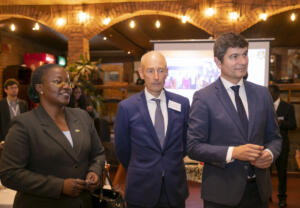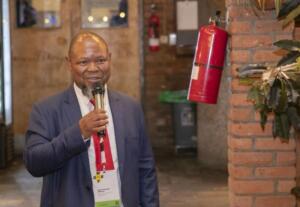Learnings: How hubs can drive sustainable development and innovation in the African continent?
May 22, 2023
On December 7th 2022 in Kigali Rwanda, the official WCEF side event ‘Boosting Circular Economy in Africa: How Hubs Drive Sustainable Development and Innovation?’ gathered high-level governmental officials, representatives from enterprises, knowledge institutes, funding agencies and circular economy (CE) hubs to discuss how CE can be accelerated in Africa through hubs. Guests from eleven African countries attended the event that which was organized by the government of the Netherlands, Holland Circular Hotspot, Nordic Innovation, and the African Circular Economy Network, and was supported by various partners.
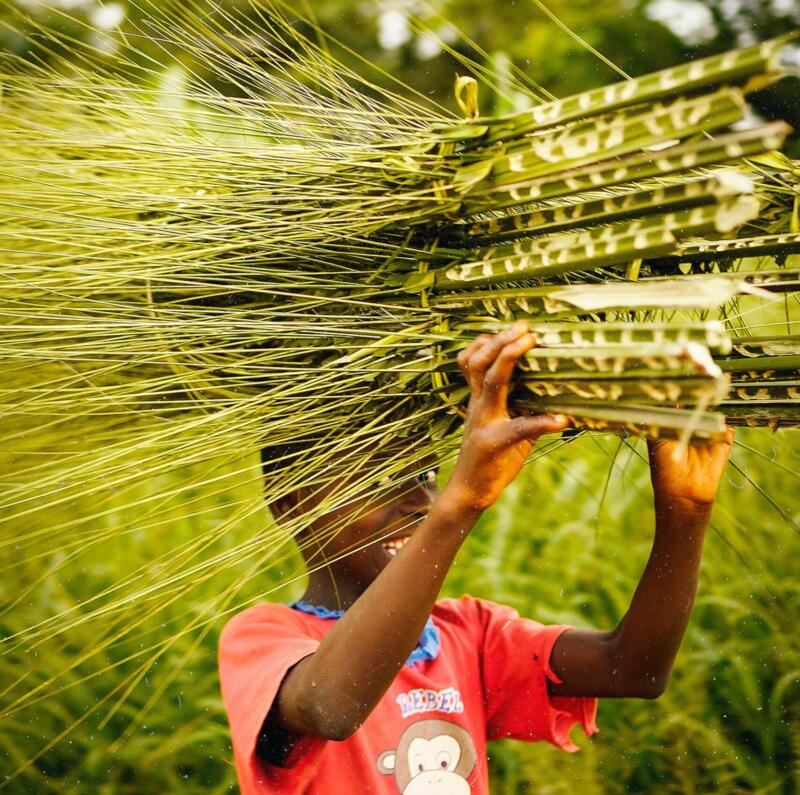
Boosting Circular Economy in Africa
The valuable insights collected about the role that CE hubs can play in the transition to a circular African continent are gathered in this publication by Freek van Eijk, director at Holland Circular Hotspot, and Vesna Lavtizar, a policy researcher at the Institute for Global Environmental Strategies.
The following topics are summarized:
1. The importance of hubs in a circular economy.
2. Circular economy in the African continent
3. Opportunities for the circular economy in Africa and hubs
4. Conclusions
"Africa has a unique and immense circular economic potential, and hubs will catalyze the transition."
Vesna Lavtizar, Policy researcher at Institute for Global Environmental Strategies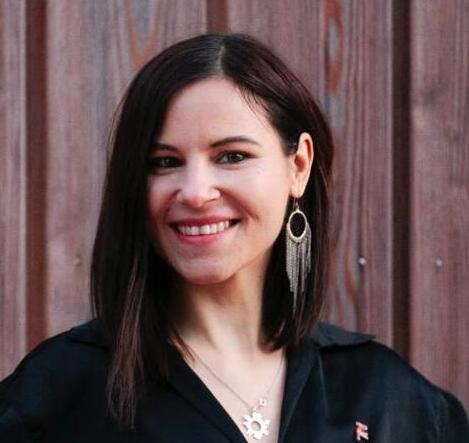
1. The importance of hubs in a circular economy
The event aimed to emphasize the importance that hubs play in transitioning to a CE. Hubs vertically and horizontally connect four groups of stakeholders: the government, businesses, knowledge institutes and citizens. By doing so, they accelerate the transition, set the trajectories, help to eradicate the barriers and search for and unlock opportunities. They have strong CE- competencies and are typically not for profit. The activities of the hubs, in a nutshell, include:
- stakeholder engagement and matchmaking;
- organization of events, workshops and roundtables;
- sharing best practices and lessons learned from the entrepreneurs;
- mapping potentials that can generate the most impactful results;
- sharing knowledge and capacity building;
- guiding entrepreneurs to funding schemes.
- driving positive change in policy, regulation and governance;
- unpacking sector-based sustainable development using CE principles.
The power of hubs for CE is being recognized globally. CE hubs, platforms or hotspots and their activities summarised by network governance can be found worldwide in different socio-cultural and political cultures. Efforts are also underway in Africa. Multi-stakeholder CE platforms exist, e.g. Circular Lagos (Nigeria), Circular Economy Hub (Kigali, Rwanda) and Circular South Africa.
Having (a) hub(s) in a country is an advantage as it allows them to harness local circular potentials unique for each country or region. Setting up a CE hub can be flexible and should be tailored to local conditions and stakeholders, including public, private, or public-private partnerships.
2. Circular economy in the African continent
The CE practices are firmly rooted in African culture and are part of their daily lives. Especially worth mentioning are repair and reuse practices and, in some cases, widespread refusal of products, such as the plastic bag ban in Rwanda. The reuse stems from their sense of sharing and cooperation among community members. Both repair and reuse are also practised out of necessity due to shortages and scarcity of certain materials and products.
Traditional agricultural practices are restorative in nature. If Africa’s relatively young population, with 70% of sub-Saharan Africa under 30, is empowered, it can be a driving force behind scaling up circularity. Furthermore, any CE transition in Africa must work with the informal sector rather than work against it. Next to this, as there are not many entrenched linear lock-ins, this provides a momentum of opportunity for Africa to prosper on the fundamentals of the CE principles. Africa is an important player in the global market, both as an exporter and importer of products and resources. Trading could be leveraged to accelerate (and not hamper) the CE in Africa and, ideally, on both trading sides.
From left to right: 1) Guest of honor Dr. Jeanne d’Arc Mujawamariya, Minister of Environment, Rwanda. 2) An impression of the high level round table dinner event. 3) Dr. Jeanne d’Arc Mujawamariya, Minister of Environment, Rwanda; Ambassador of the Netherlands Embassy in Rwanda, Mr. Matthijs Wolters; Mr. Peter Diez, (former) Vice Minister for the Environment. 4) Independent and neutral Host of the event: Mr. Kgauta Mokoena, Chief Director for Chemicals and Waste Policy, Monitoring and Evaluation at South Africa’s Department of Environmental Affairs.
Photo credits: Faustin Nkurunziza
3. Opportunities for the CE in Africa and hubs
At the event, it was well acknowledged that the hubs could be catalysts for circular economic development in Africa, and they can have a strong steering function in the transition. However, the CE in Africa is not well acknowledged and institutionalised. Therefore, for the time being, the spotlight of the concept is concentrated on waste management and recycling.
The event identified the following activities that hubs could carry out in African countries:
- Initiating and strengthening the awareness of all-encompassing CE practices, especially in the hubs’ initial stages. This would allow the citizens and other stakeholders to become aware of the unsustainable and sustainable practices and what and why declares them as such. This will give them a profound understanding of a CE and allow them to make better choices to support the CE. Hubs could also carry out public awareness campaigns – both towards consumers and entrepreneurs that might not self-identify as circular entrepreneurs;
- Advocating and supporting the incorporation of the CE in education, both formal and informal;
- Communicating the CE across sectors and levels as well as in civil society through various channels, including the most widely used media channels;
- Providing regulatory and policy recommendations to bolster the CE and target setting;
- Capacity building and sharing good practices of business models and high-quality circular products, including business incubators, and organising events that are focused on information aggregation (i.e. setting up databases on specific types of activities through research or market access projects);
- (Co)- developing the CE action plans and roadmaps for a county, region or city;
- Creating new links within value chains, between value chains and between public and private actors that allow for systemic change. Stakeholder matchmaking, engaging the hub members and stakeholders that can support and deliver on identified priority areas, partnering the programmes with stakeholders to strengthen the projects; organising and facilitating partners meetings and sector working group discussions;
- Involving the informal sector in a just transition to a CE. Hubs could provide special support to those starting from informal settlements;
- Activating both the private sector and the governmental level and synchronising top-down, and bottom-up transitioning to a CE;
- Guiding circular entrepreneurs to financial opportunities e.g. sourcing funds from climate financing or other funding schemes. Hubs could also help to valorise and ensure fair pay for circular enterprises;
- Linking CE solutions to local social challenges like climate, job creation or specific SDGs;
- Supporting the development of stronger civil society organisations for joint advocacy for CE.
The discussion explored several options on how to establish a CE hub in African countries and who should be the stakeholders. It was suggested that:
- A CE hub could be established on the basis of already existing initiatives, and their network governance activities can act as “the cement between the stones”. For example, a ’Greenpreneurs network’ in Rwanda has recently been established under the Global Green Growth Institute. It involves many green entrepreneurs and contributes to advocacy, access to information, tools, resources and finance;
- To be sustainable, CE hubs would need to be driven by businesses and public actors as a platform for public-private interactions. The public sector could support the up-scaling, for example, via public circular procurement;
- The competencies needed to set up a hub connect to having an interest and capacity to understand the skills and interests of the stakeholders in a given ecosystem. The hub would need to be a ‘trusted’ institution with no conflicting interests apart from supporting collective growth;
- The identified stakeholders of the hubs should be business (all categories), government (related regulatory agencies and policy entrepreneurs), academia (including students) and civil society;
- The hub should include youth as a co-host to the hub and as a stakeholder with influence and interest. Since Africa has the youngest population in the world, the circular transition should consider the needs and leverage the talents of the youth;
- Resources would be needed to set up a hub, although the development of hub activity could take place organically through a central coordinating figure or organisation;
- The hub should have an established steering committee or governance mechanism and proper secretariat support.
"Africa's circular journey will be different from Europe's but it will be powerful!"
Freek van Eijk, Director Holland Circular Hotspot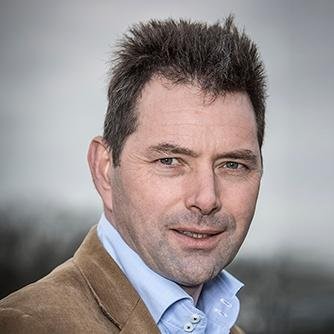

Many African CE practice can be found in the Footprints Africa Report
‘The Circular Economy: Our Journey in Africa So Far.’ During the event Mrs. Esenthu Cenga from Rewoven and Mr. Kigen Compton from BioBuu pitch their circular best practices and shared their experiences down the road.
4. Conclusions
Africa has an enormous opportunity to foster truly sustainable development through circular economic proliferation. The unique prerequisites to Africa – particularly the absence of mass-scale linear lock-ins – would allow them to accelerate the transition to a CE. Furthermore, the CE can help in retaining the African ecological footprint at the lower level and mitigate the negative impacts of climate change. At the same time, the population and urbanization continue to grow. Europe can assist Africa in fostering the CE through close cooperation and sharing best practices. In addition, engaging in fair and inclusive trade with African countries can substantially support their CE – based sustainable development.
National and regional African hubs would play a crucial role in preserving and upscaling the existing CE practices. Since CE or related initiatives in African countries already exist, they can be a starting point for the hub establishment. Raising awareness, advocating, and educating about the CE to all stakeholders, including civil society, could be the most powerful activity of the hubs, especially in their initial stages. This is important since the CE concept is not commonly understood, and its practices are not acknowledged. In hand with that, advocating for and supporting the institutionalization of the CE would be an effective way to ensure the inclusion of sustainability in their economic developmental processes on a micro and macro scale. For an inclusive transition to a CE, the hubs should be a meeting point for all the stakeholders – government, business, knowledge institutes, and citizens. Respecting the socio-economic situation in Africa, a special focus of the hubs should be given to the informal sector and youth. Hubs could support all the actors in addressing social needs through the lens of a CE.
Follow-up: WCEF2023 Accelerator Session ‘Africa’s circular journey, unleashing the power of circular economy hubs’
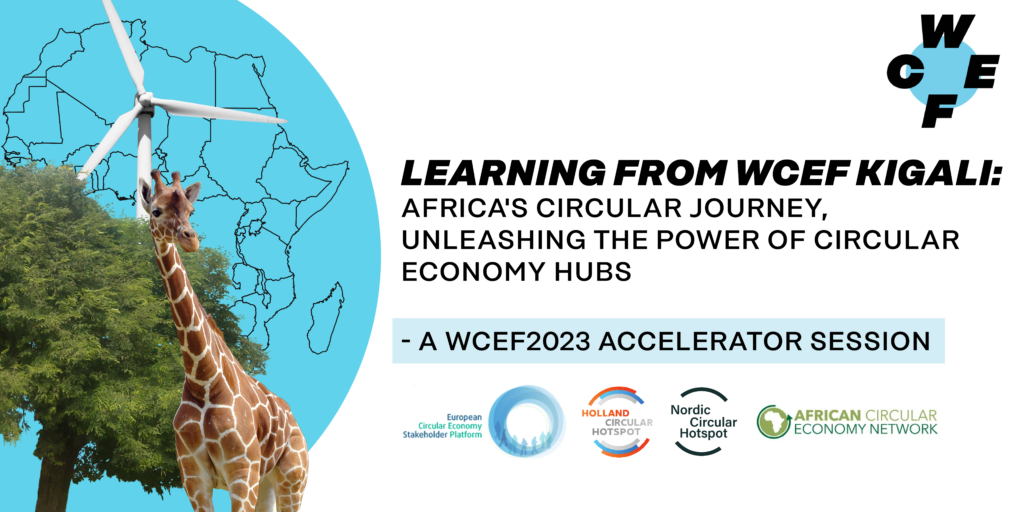
Holland Circular Hotspot, together with the Nordic Circular Hotspot and African Circular Economy Network, organize an official WCEF2023 Acceleration Session that dives into the potential of circular economy hubs to drive sustainable growth across Africa.
Drawing on key learnings from WCEF2022 and the Lagos Circular Hotspot event, they will explore how cross-sector collaboration, innovative approaches, and capacity-building initiatives can accelerate the continent’s transition to a circular economy.
More information and registration for onsite and online participation can be found here.
More information and contact
For further information, please contact:
African Circular Economy Network: christo.vanschalkwyk@acen.africa
Holland Circular Hotspot: stephanie.schuitemaker@hollandcircularhotspot.nl
Nordic Innovation: M.Haugland@nordicinnovation.org
Nordic Circular Hotspot: martin@naturalstate.no
Institute for Global Environment Strategies: lavtizar@iges.or.jp

